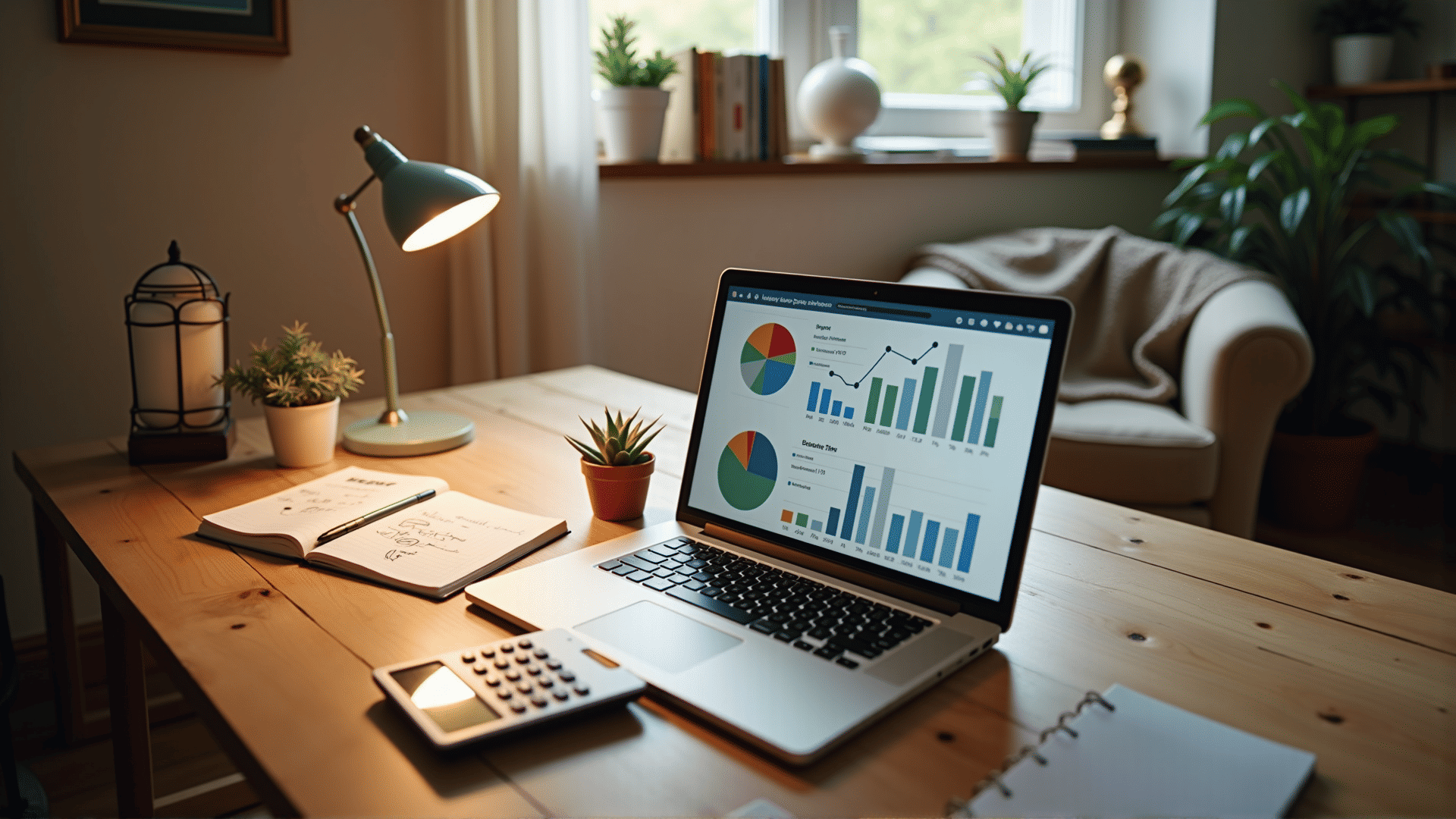Creating a sustainable personal economy is an essential life skill, and effective budget planning is at its core. Developing an understanding of various budgeting methods and how they can influence one's economic literacy is crucial for long-term management.
Understanding Your Starting Point
Before stepping into planning, it's essential to know where you currently stand in terms of your daily inflows and outflows. Start by reviewing your recent spending patterns and list all necessary expenditures. Categorizing these essentials provides a clearer picture of areas in which to allocate resources efficiently.
Popular Budgeting Methods
-
50/30/20 Approach: A simple yet powerful model, this approach allocates 50% of resources to necessities like housing, utilities, and groceries, 30% to leisure—dining out, hobbies, or entertainment—and 20% towards future stability. It's a flexible strategy that adapts easily to most lifestyles while encouraging responsible allocation.
-
Zero-Sum Method: This method involves assigning every single unit in your system a specific role. At the end of each period, your outgoing resources should match your income, leaving nothing unallocated. This can help in maintaining discipline and ensuring there's no unnecessary wastage.
-
Envelope System: A more tangible way of budgeting, the envelope system sets aside different amounts for diverse categories of expenditure. Once an envelope is empty for the period, further spending in that area is avoided. This approach supports an immediate and visual understanding of where your resources are going.
The Impact on Economic Literacy
Adopting and sticking to a budget planning method not only ensures that you stay within your constraints but also enhances your understanding of your own economic landscape. This improved comprehension can lead to increased confidence in making informed decisions about future investments and lifestyle adjustments.
Habitual Review and Adjustment
Continual assessment is necessary to ensure the plan remains relevant to changing circumstances. Regularly reviewing your allocations keeps you aligned with your goals and helps accommodate any shifts such as a change in employment or unexpected expenses.
Long-term Benefits
A well-established strategy aids in developing a resilient economic mindset that can navigate life's uncertainties. By mastering this element of personal management, individuals can pave the way for not only stability but also the potential to expand their understanding of broader economies.
Budget planning is more than just restriction—it's about making deliberate and informed choices that foster growth and stability. By embracing these techniques, anyone can take charge of their economic journey confidently and competently.
